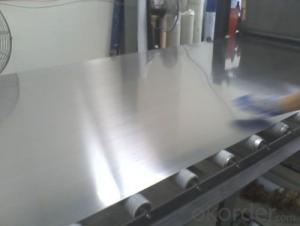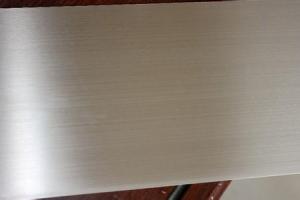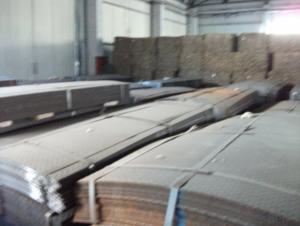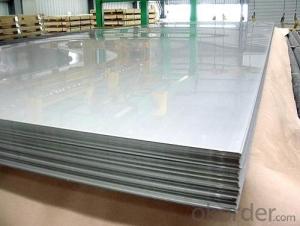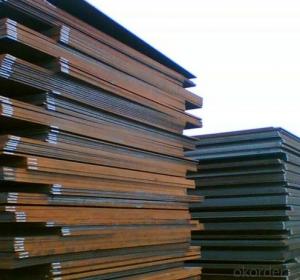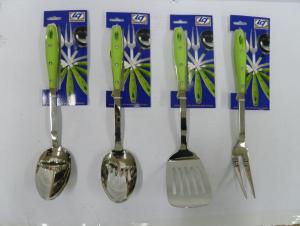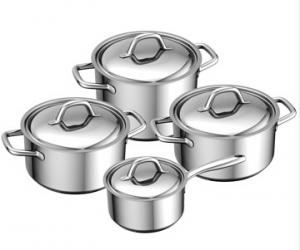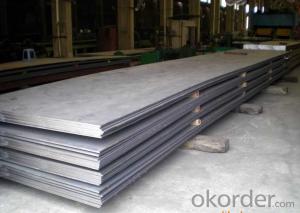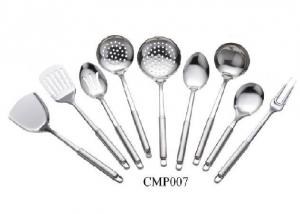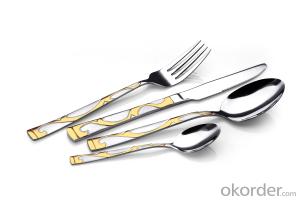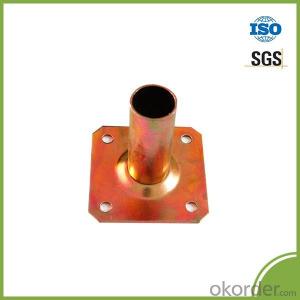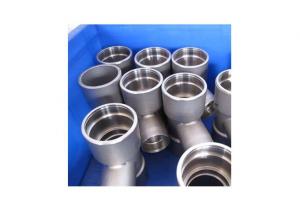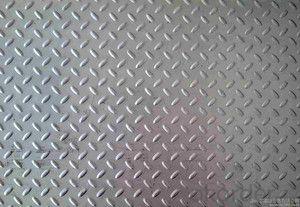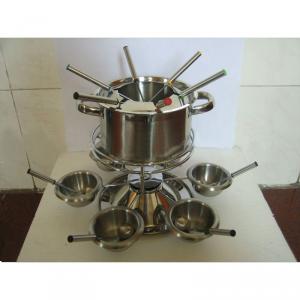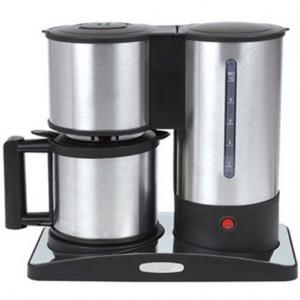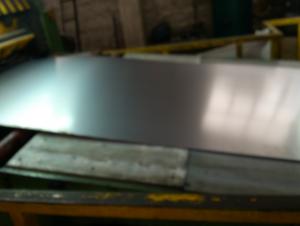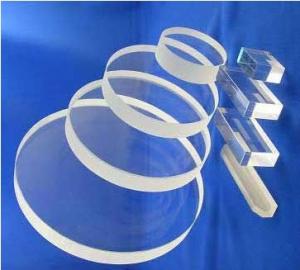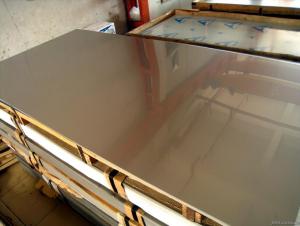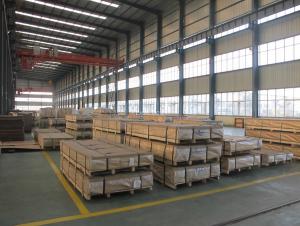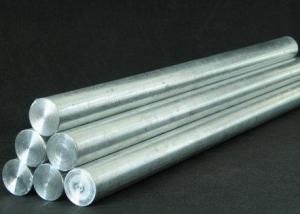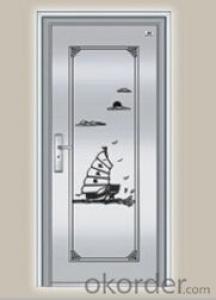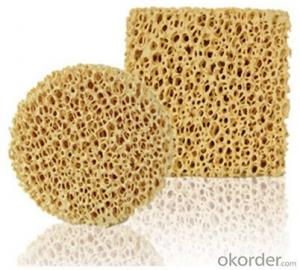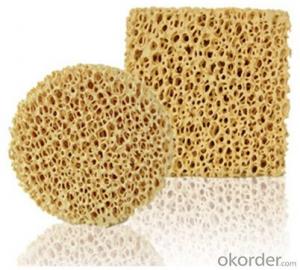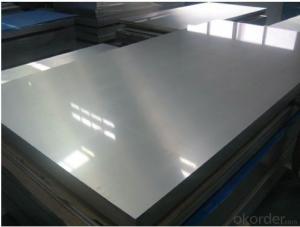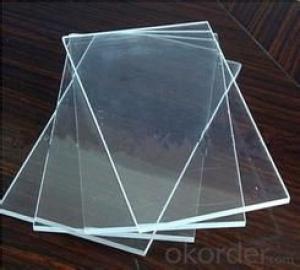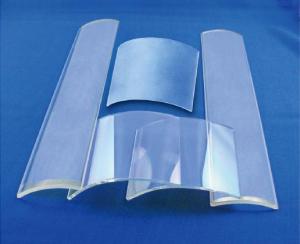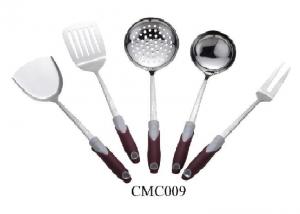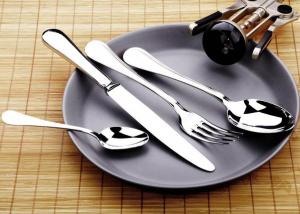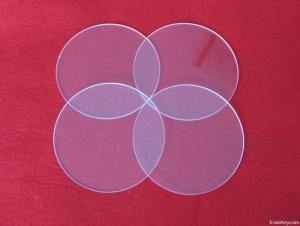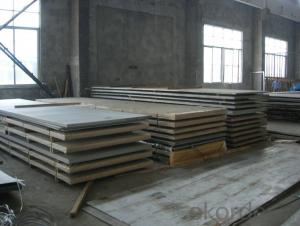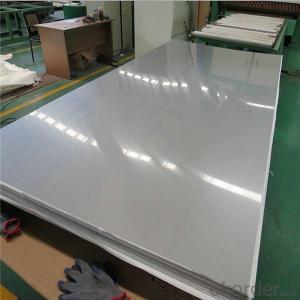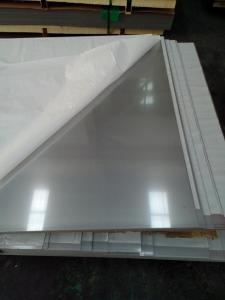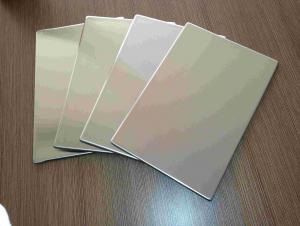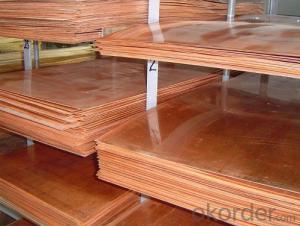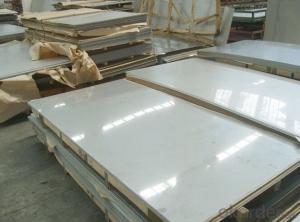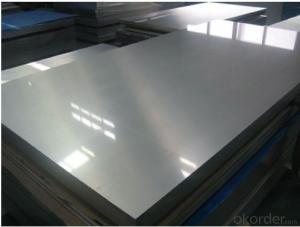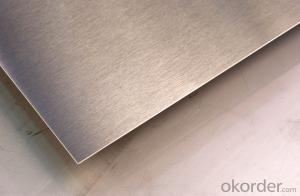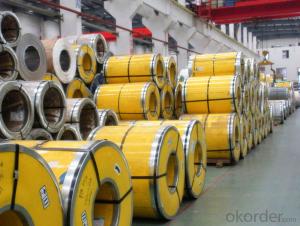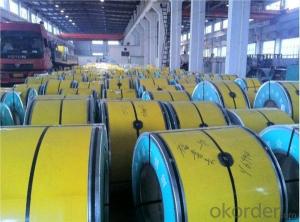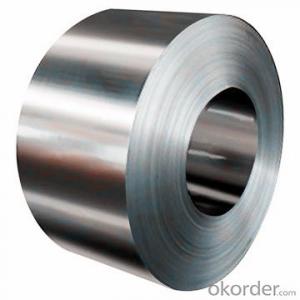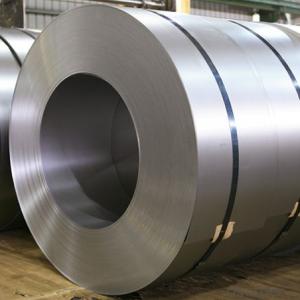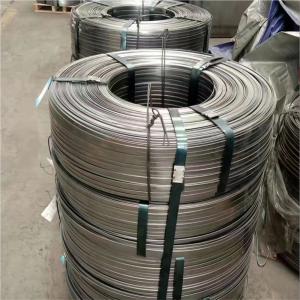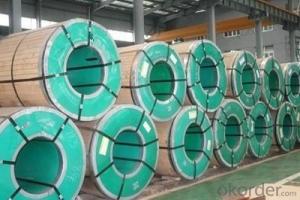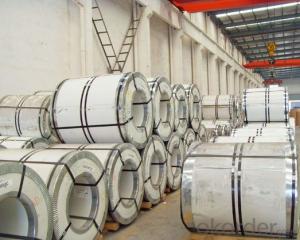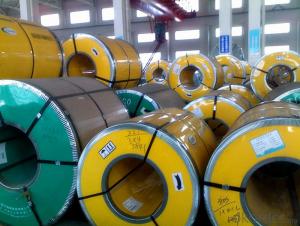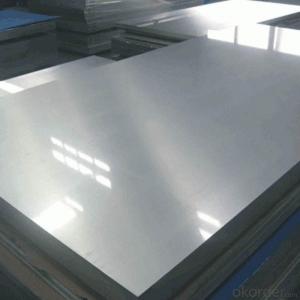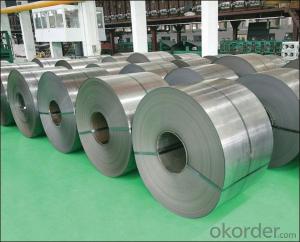Stainless Checkered Plate
Stainless Checkered Plate Related Searches
Ss Checkered Plate Stainless Steel Plates Stainless Steel Platter Aluminum Checkered Plate Checkered Plate Set Aluminium Checkered Plate Diamond Checkered Plate Stainless Steel Diamond Plate Stainless Steel Charger Plates Polished Aluminum Checker Plate Cheap Checkered Plate Stainless Steel Divided Plate Stainless Steel Wall Plates Checkered Nail Stamping Plate Stainless Steel Dinner Plates Stainless Steel Cover Plates Cast Iron Plate Checker Plate Aluminum 1 4 Stainless Steel Plate Thickness Of Checkered Plate Stainless Steel Plate For Sale Stainless Steel Camping Plates A786 Checkered Plate 3 16 Checkered Plate Diamond Plate Stainless Steel Colored Stainless Steel Stainless Steel Kick Plates Scratched Stainless Steel Black Aluminum Checker Plate Stainless Steel Switch PlatesStainless Checkered Plate Supplier & Manufacturer from China
Stainless Checkered Plate is a type of metal sheet that features a distinctive pattern of raised diamonds or squares, which provides added traction and resistance to slipping. This unique design makes it an ideal choice for various applications where safety and durability are paramount.Stainless Checkered Plate is widely used in a range of industries, including construction, automotive, and food processing. Its slip-resistant surface makes it suitable for walkways, ramps, and flooring in areas where there is a risk of accidents due to wet or oily conditions. Additionally, its corrosion-resistant properties make it a popular choice for applications where exposure to harsh chemicals or weather conditions is common.
Okorder.com is a leading wholesale supplier of Stainless Checkered Plate, offering a vast inventory of this product to cater to the diverse needs of customers. With a commitment to quality and customer satisfaction, Okorder.com ensures that the Stainless Checkered Plate they provide meets the highest industry standards and is available at competitive prices.
Hot Products

